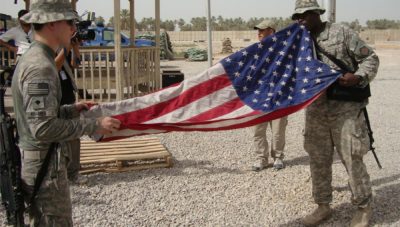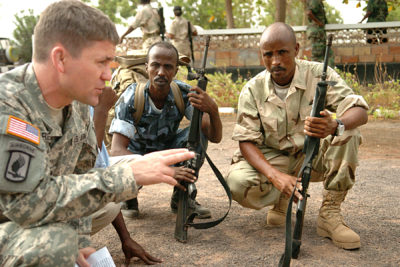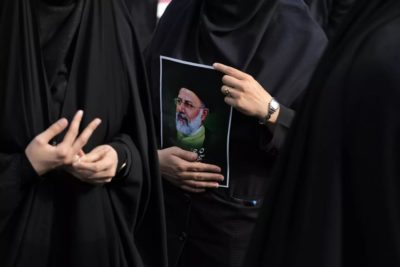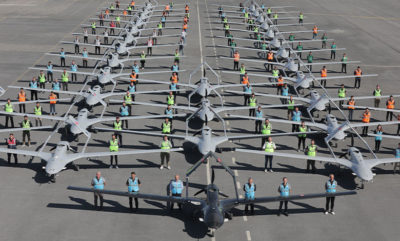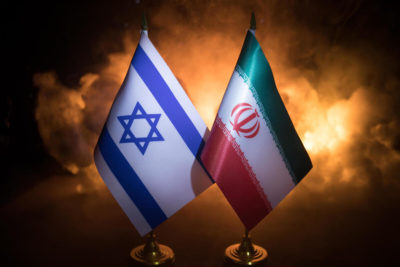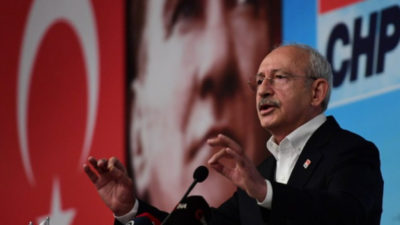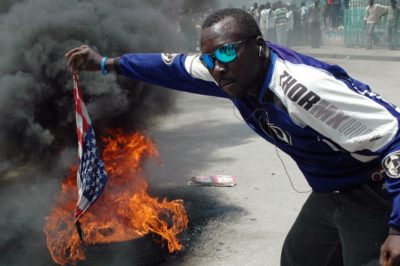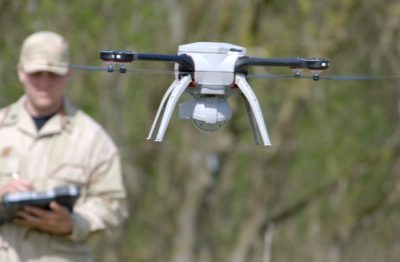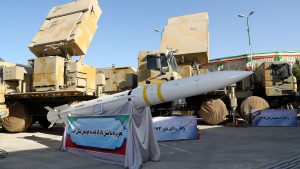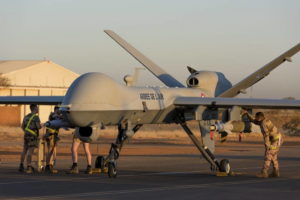The Failure of US Policy in Africa, as seen by Western Experts. Part Three: Washington in search of a way out of its impasse
Today, while the US government and political think-tanks are looking for ways to solve the trilemma posed by its African policy, namely, which of its three goals (the development of democracy, the fight against terrorism and its competition with other world powers, primarily China) to prioritize, terrorism is spreading like a cancer to the coastal countries on the Gulf of Guinea.
The Failure of US Policy in Africa, as seen by Western Experts. Part Two: The Nature and Causes of US Failures in Africa
Leaders of many African countries are finding the offers of Russia and China to develop bilateral relations without making any political or other demands more attractive than the terms imposed by US-based global financial institutions, accompanied by Washington’s demands related to human rights and democracy.
Will the Iranian plane crash be a catalyst for change?
The death of Iran’s President and Foreign Minister in a plane crash on 19 May was an unexpected tragic event. What happened and can Tehran’s foreign policy approaches change after the snap elections?
Turkish expansion in Africa. Part Three: Turkish "drone and gunboat’ diplomacy"
Ankara’s promotion of its UAVs on the African arms market played a major role in strengthening Turkish influence on the continent. The Bayraktar TB2 model, which, with a wingspan of 12 metres and a flight time of 27 hours, carrying 4 laser-guided missiles, has become not only a symbol of Turkish weaponry in many parts of the world, but has also become an effective tool of Turkish foreign policy.
Will Iranian-Israeli peace endure?
Iran’s first direct successful attack on Israel for its many brutal attacks on Syria, Lebanon, Iran and the annihilation of Palestinians in Gaza and the West Bank has dramatically changed the rules for all state and non-state actors in the Middle East. On 13 April, for the first time in nearly 190 days, Palestinians in Gaza were able to sleep without fear of Israel’s constant aerial presence in the skies over the Strip, which has been mercilessly carpet-bombed since 7 October…
Domestic political transformations in Turkey
Although in its domestic political development Turkey has not yet reached the standards of European democracy, it has made significant progress in terms of the political competition between the leading parties, respect for voters’ civil rights and the transparency of elections. The municipal elections held on March 31, 2024, which resulted in a landslide victory, albeit with a narrow margin, for candidates from the main opposition party, the Republican People’s Party (CHP), can be cited as a good example of how far Turkish democracy has developed…
Niger - USA: Another slap in the face for the arrogant hegemon. Part one: The American embarrassment in Niger
On 16 March this year, Niger’s military government announced the cancellation of its military cooperation agreement with the United States regarding the status of US Department of Defense personnel and civilians on Nigerian territory. In a statement on national television, Amadou Abdramane, a spokesman for Niger’s military leadership, said the agreement was imposed on Niger in 2012 in violation…
The Coming drone wars on the Korean Peninsula and beyond
On December 26, 2022, five North Korean small reconnaissance drones invaded South Korean airspace, and the South responded by sending its drones into North Korean airspace. As the drones could not be stopped and one of them breached the no-fly zone near the Yongsan Presidential Office, the South Korean media avidly debated the situation. The invasion startled authorities by exposing the inadequacies of Seoul’s air defenses and small drone detection systems. Meanwhile, the drones might theoretically carry lethal weaponry aimed at vital locations in the South…
Aleksandar Vučić was “offended” by Erdoğan?
Turkey before and during the time of Recep Tayyip Erdoğan has tried to conduct active diplomacy in virtually all aspects of its geography, where the Balkans retain a high relevance. This direction of Turkish foreign policy is determined by several factors: geographical proximity; the history of Ottoman rule; the course of European integration; NATO membership; and the strategy of neo-Ottomanism and pan-Islamism. The current fourth generation of Anatolian Turks is the heir to the Ottoman Empire, which collapsed after World War I and at its peak governed practically all of Southeastern Europe (including the Balkan Peninsula), among other regions. Serbia, like other Balkan (South Slavic) countries and peoples, was occupied by the Ottomans…
Iran claims successes in its air defense
Despite decades of sanctions imposed by foreign powers, the Islamic Republic of Iran has garnered tremendous experience surviving and thriving in isolation. Given Tehran’s political system, which is not so much a theocratic form of government as an independent course, is under attack by Iran’s adversaries, the Iranian authorities have prioritized the strengthening of their army and navy. In order to do this, a lot of attention is put on the development of key technologies, mainly in the defense industry, as well as the advancement of education and research. For many foreign experts it was a revelation that it turns out that Iran has achieved…
USA criticized globally over MQ-9 drone incident
The crash of an American MQ-9 drone heading for the Russian border in the Black Sea near the Crimean Peninsula on March 14 in the morning is likely one of the most discussed topics in the global media in recent days. According to an official communication from the Russian Defense Ministry, the US UAV’s flight was in violation of the temporary airspace…
